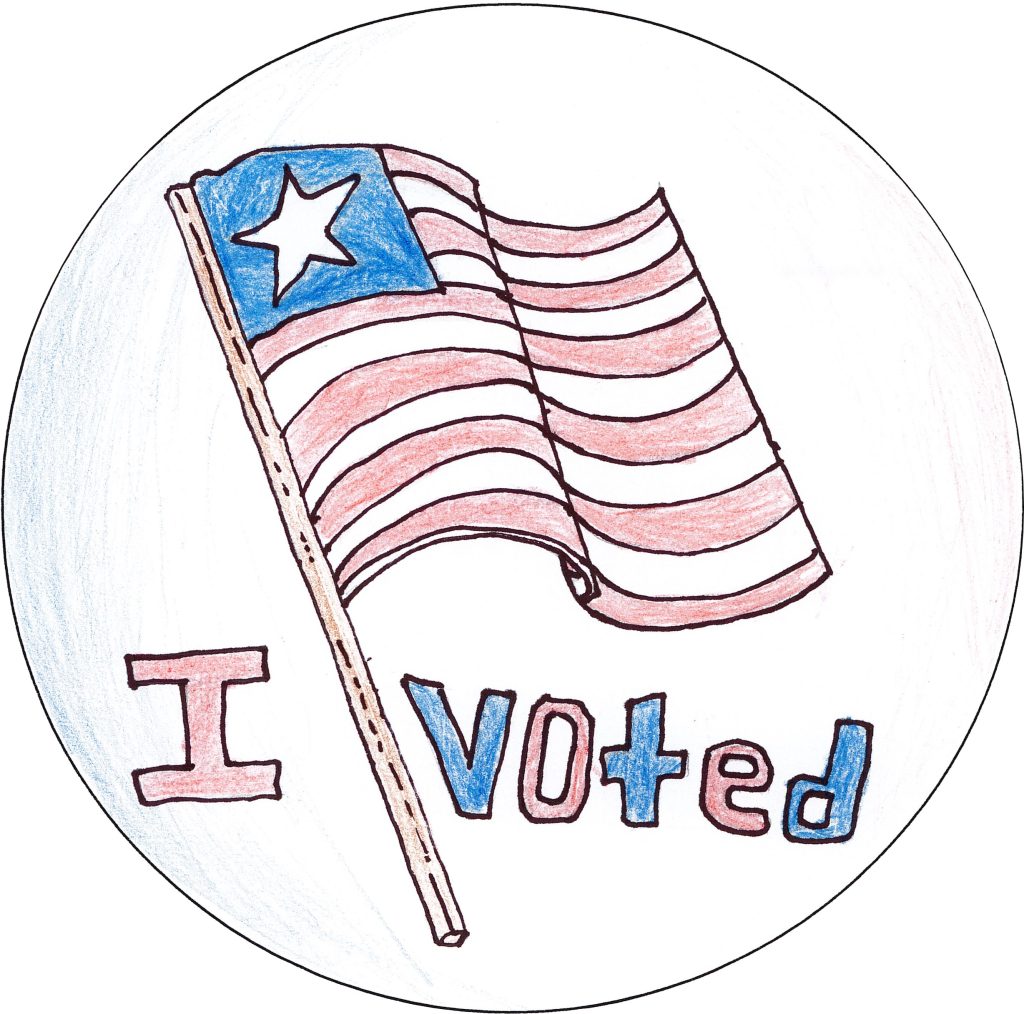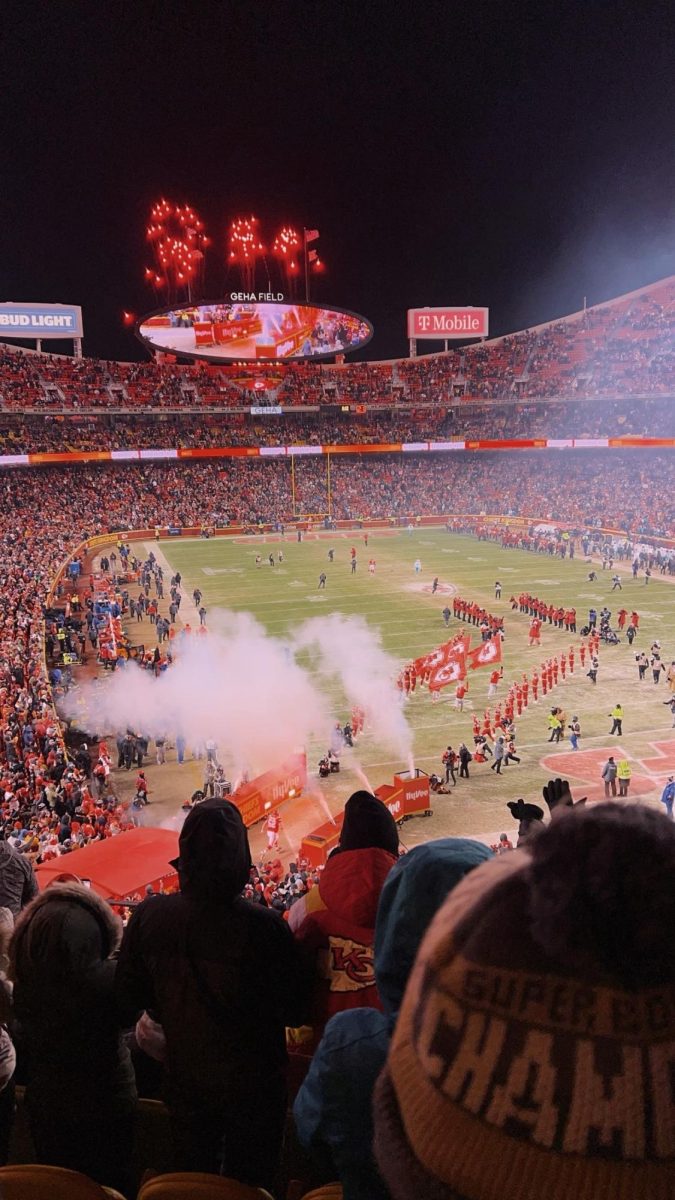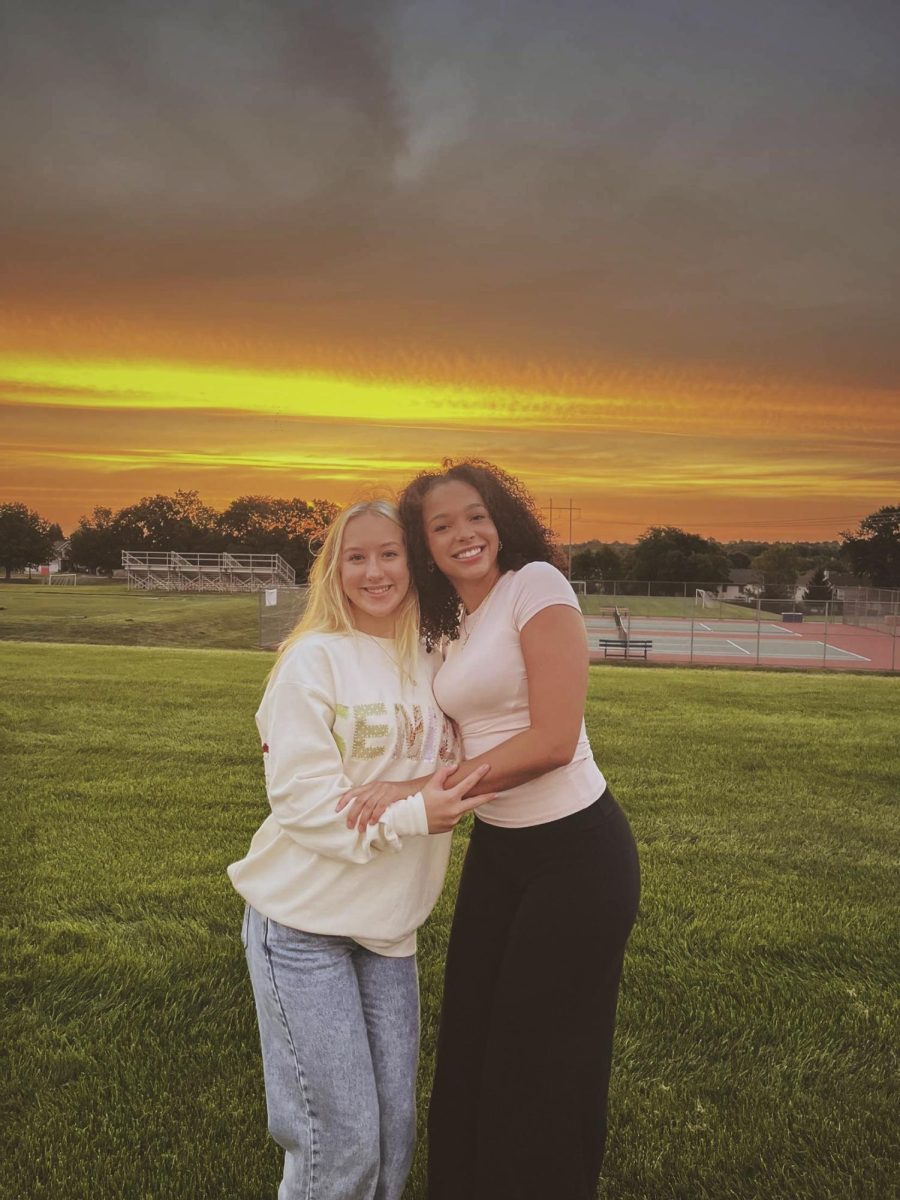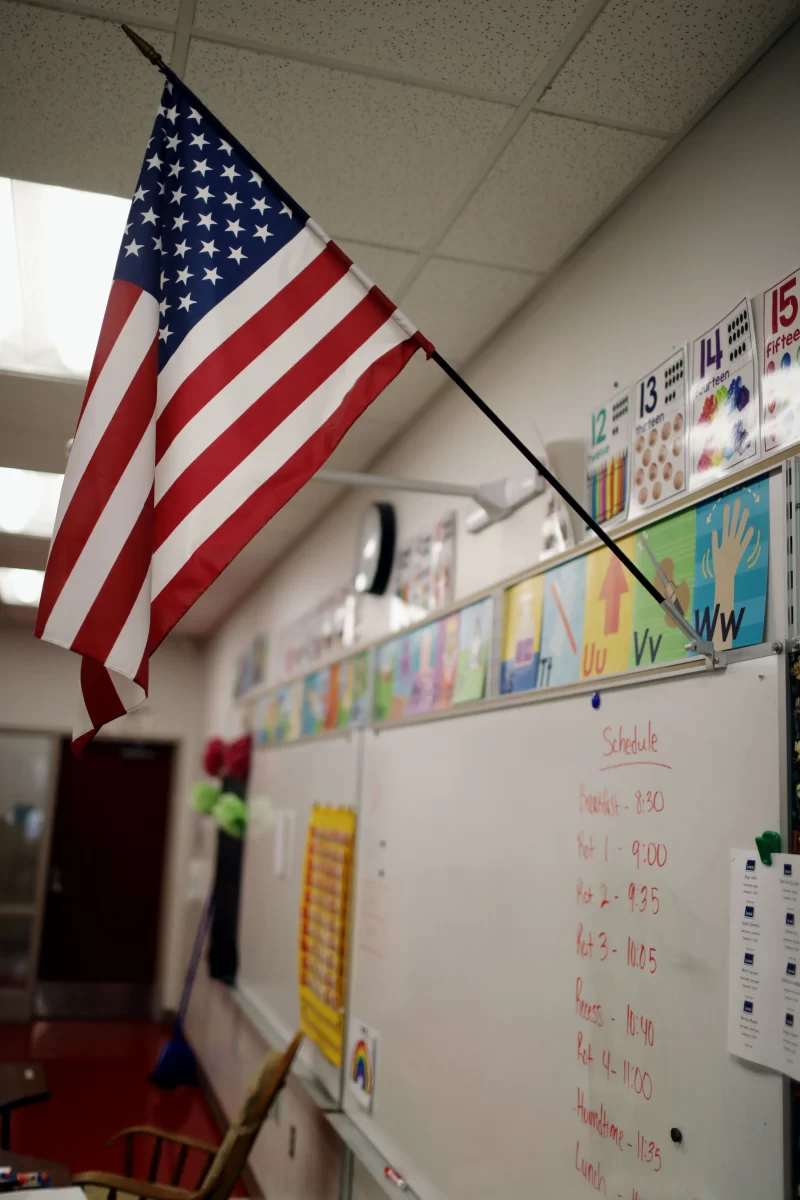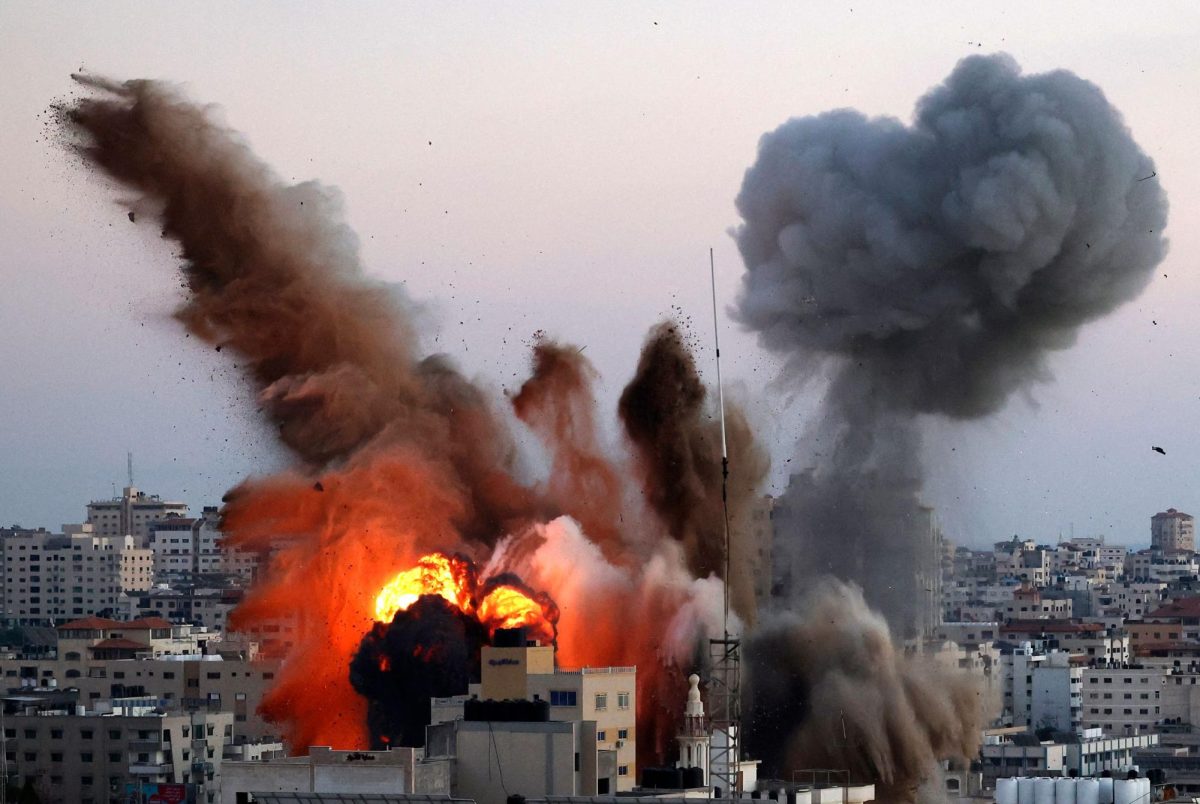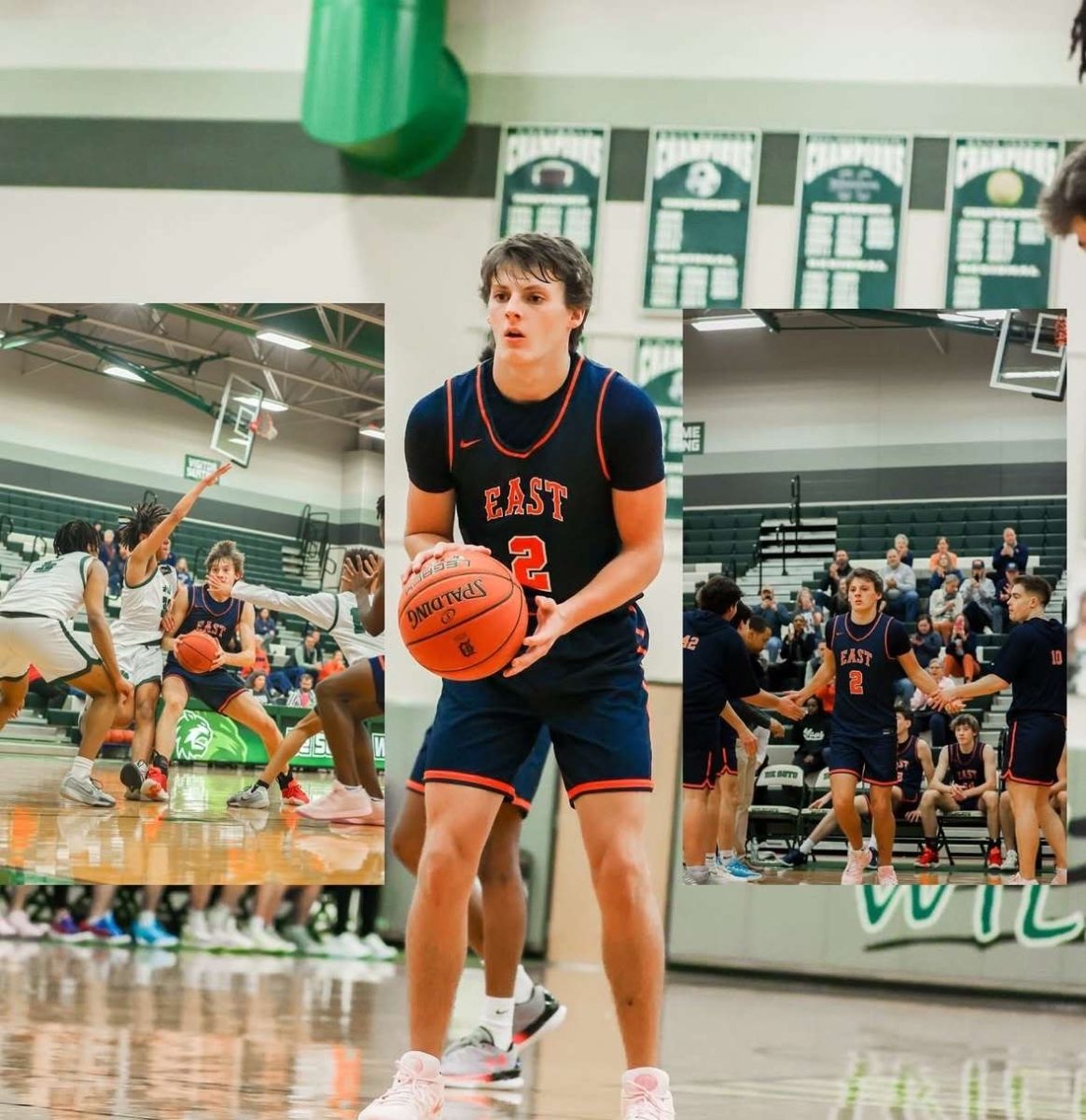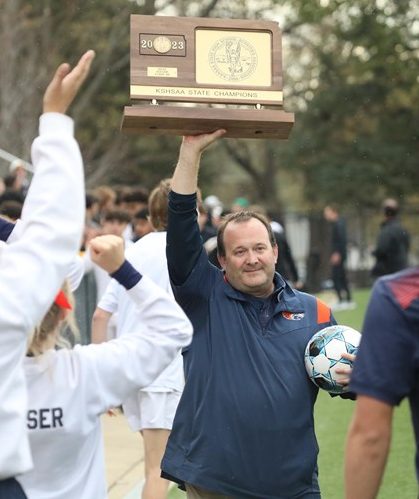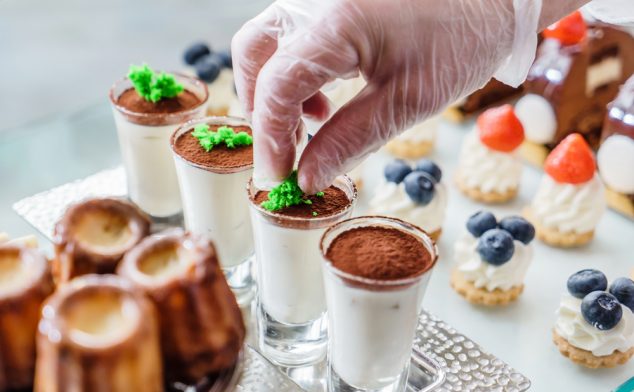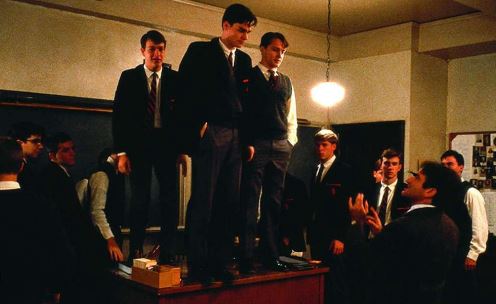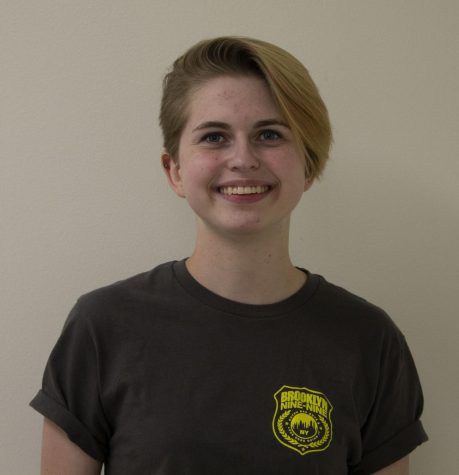Debate
December 19, 2018
The Olathe East debate season is in full swing and the Hawks continue to hold their own against their competitors. In an interview with the team’s coach and english teacher, Stacy Goddard, she explained the basic components of a debate competition.
“In every other state, policy debate runs all year long, but in Kansas it is just first semester,” said Goddard. In policy debate, the team focuses on one topic for the entire year. Students study the history, economics, and federal policies of their topic. Nearly 40 teams of students research the ins and outs of their topic in preparation for the competition.
“This year, our topic is ‘Resolve the United States federal government should significantly reduce restrictions on legal immigration.’” Once students understand the many complicated visas and laws, they prepare their argument to be on either the affirmative or the negative.
“With the affirmative you actually write an affirmative plan: This is my plan of how we are going to reduce legal immigration restraints,” said Goddard on the different possible positions. While the affirmative debater may have a good understanding of how the debate may go, those on the negative side have to be ready for any possible argument. Students find out the morning of their competition which side they will be on.
“It is a lot of work to be on that negative side, but teams work together within our school,” Goddard said when discussing preparation techniques. Each tournament consists of at least five rounds, each of which last 90 minutes, where students can fluctuate between affirmative or negative throughout the competitions. After the first five standard rounds, “power matching” can take place. In these matches, teams with even amounts of wins and losses will go up against each other.
Within each round, both sides will deliver one pre-written speech. These last eight minutes and shape the rest of the round. “Everything else in that debate round is written off that very first speech,” said Goddard.
After these speeches are given, students will speak one more time based off the research they collected while preparing for the tournament. Only five minutes of prep time is given to each team. At the end of each round, the four students will have had the opportunity to argue for their stance twice. The judges will then decide who presented the better argument.
The success of the Olathe East team’s success as a whole is indisputable. They have placed in the top three in many of their tournaments this year and already have a full state team. One team has even qualified for Debate Coaches Invitational. Goddard described this as “a notch higher than varsity.”
A state team also exists for novice debaters, or students in their first year of debate. “I have more teams qualified then I’m allowed to take,” Goddard said.
However, the debate team doesn’t get absorbed in the number of wins. No one will win every debate, so debaters focus on growth– what can they improve on for their next competition? As a whole, Goddard said the team’s goal is to “try to achieve something that we haven’t done the year before.”
Debaters are constantly adapting to the circumstances, new information or arguments that could come up at any time during a competition. Each student must do their part to know the material so they can work together with whoever their partner is during the tournament.
Students William McFarland, team captain, and Petra DeOlivera, novice, also shared their experiences from this season.
The students of the debate team must work together in order to succeed. Accomplished debaters take on the responsibility of being a role model for novices and helping them learn. “I mostly get help from my deparents,” said DeOlivera about her experiences. McFarland explained the term “deparents” is the debate team’s term for older students.
“We have work nights every week. Every Monday night we’ll all come [to the school] as a team. Those who are competing in that weekend’s tournament will come and prepare for it,” McFarland said. The time spent preparing is often split between research and practice rounds so students know what to expect at the weekend’s competition.
Neither students joined the debate team their freshman year and both encourage students to join as soon as they can. “I have only been debating for this school for three years, I did not join my freshman year which is probably the biggest mistake I’ve made in high school,” said McFarland. They also encourage going to debate summer camps before joining the team.
“Even if you don’t enjoy debating it’s not a bad class to be involved in,” McFarland said. Debate distinguishes a resume and advanced classes are weighted.
“It gives you a lot of skills that your going to need in your daily life, like public speaking and just being good at research,” said DeOlivera. Both of them stressed that the traits developed on debate extend outside of delivering a sound argument.
“I’ve become more well-rounded as a person being open to different points of view,” said McFarland on what he has learned in debate. The debate team is winning round after round, but more importantly they are shaping students for life after high school and will continue to do so for years to come.

